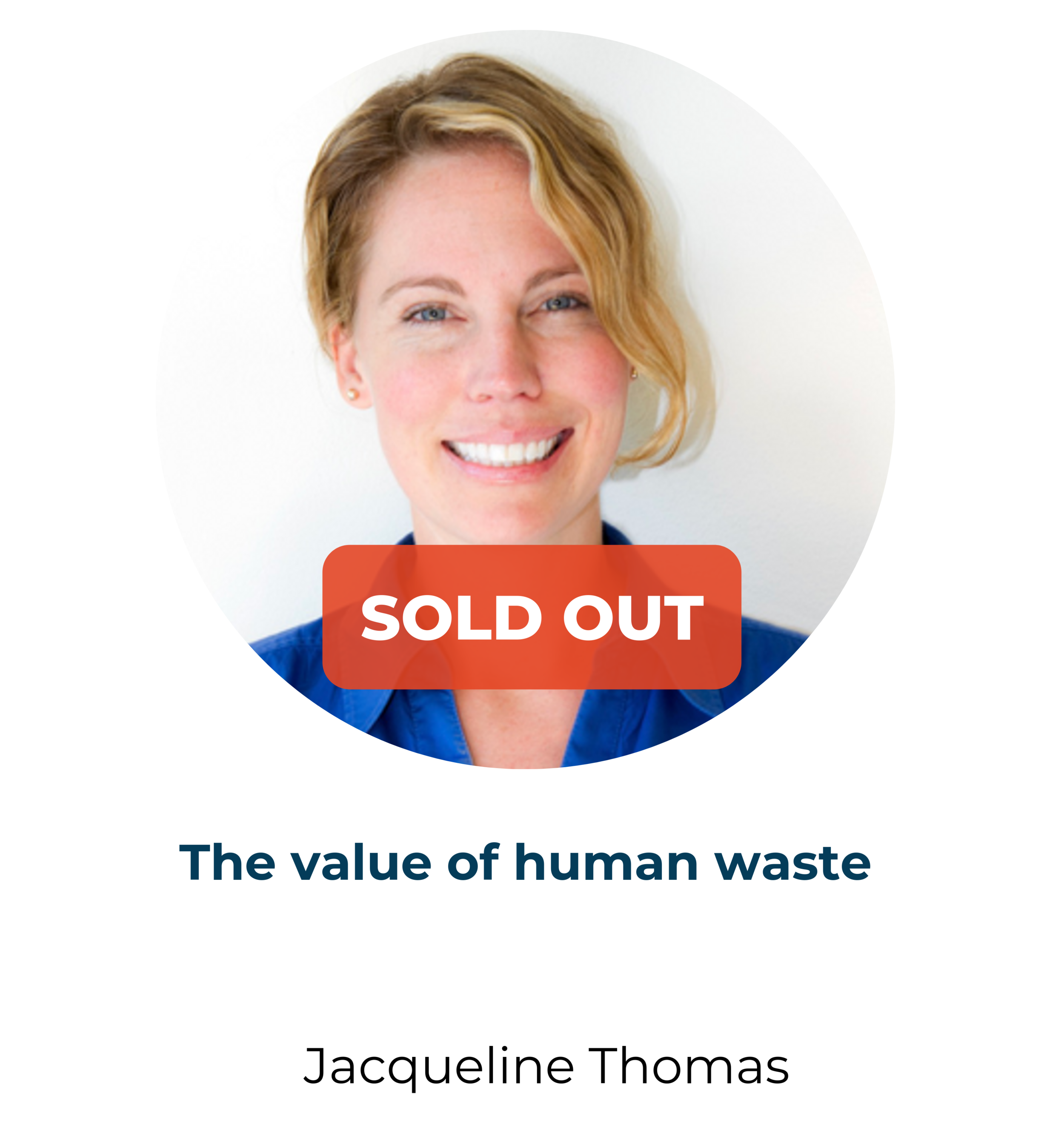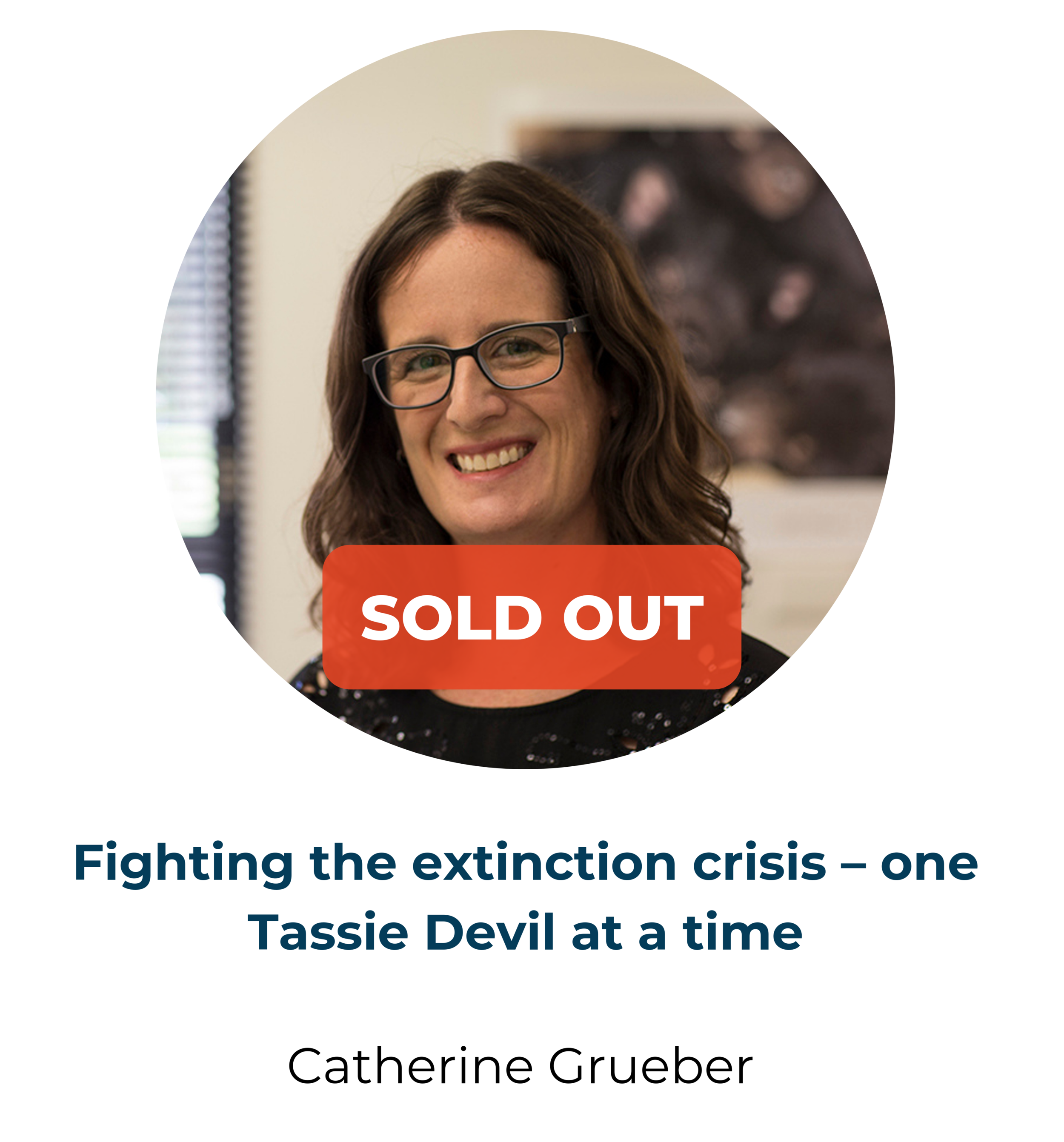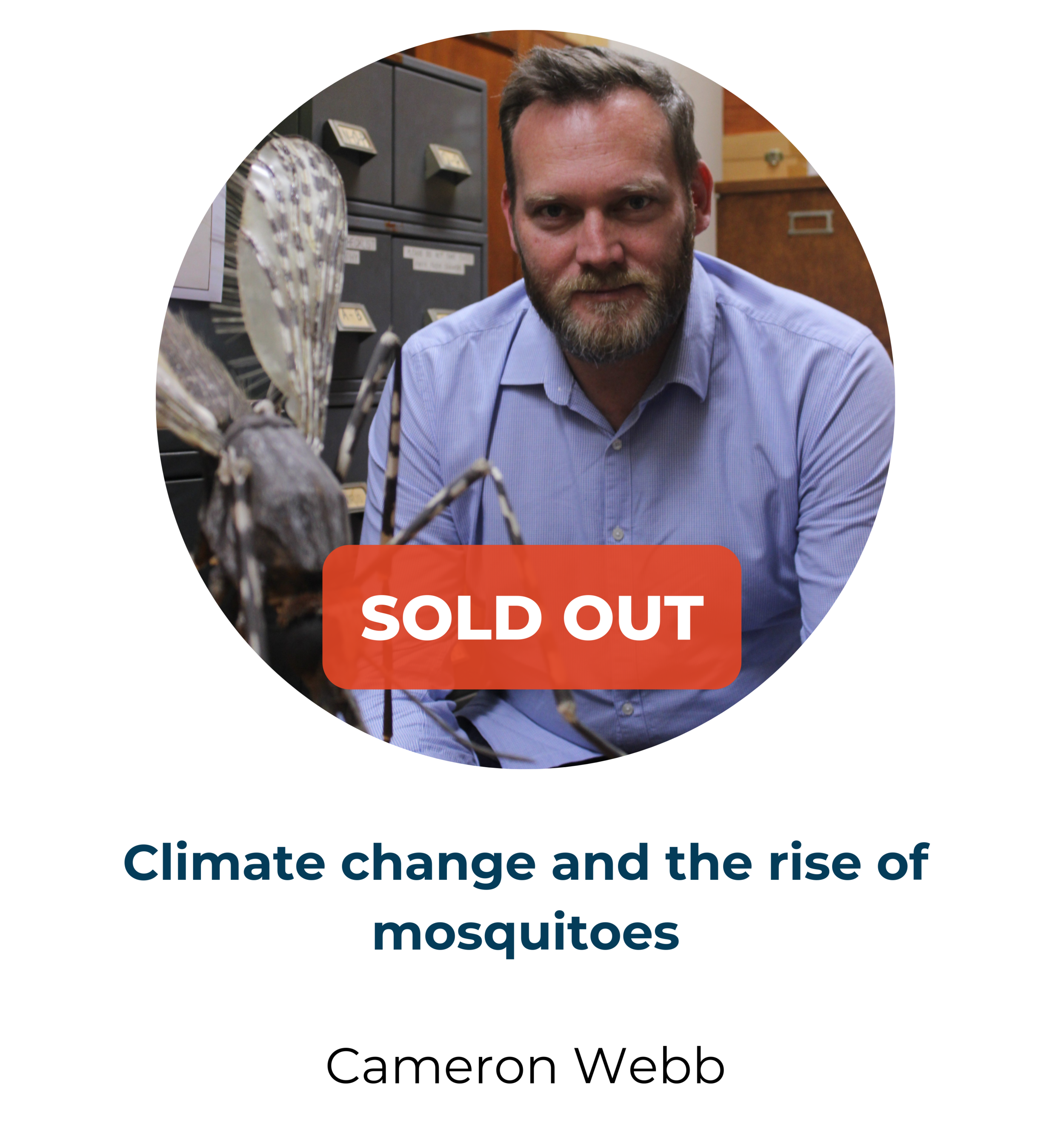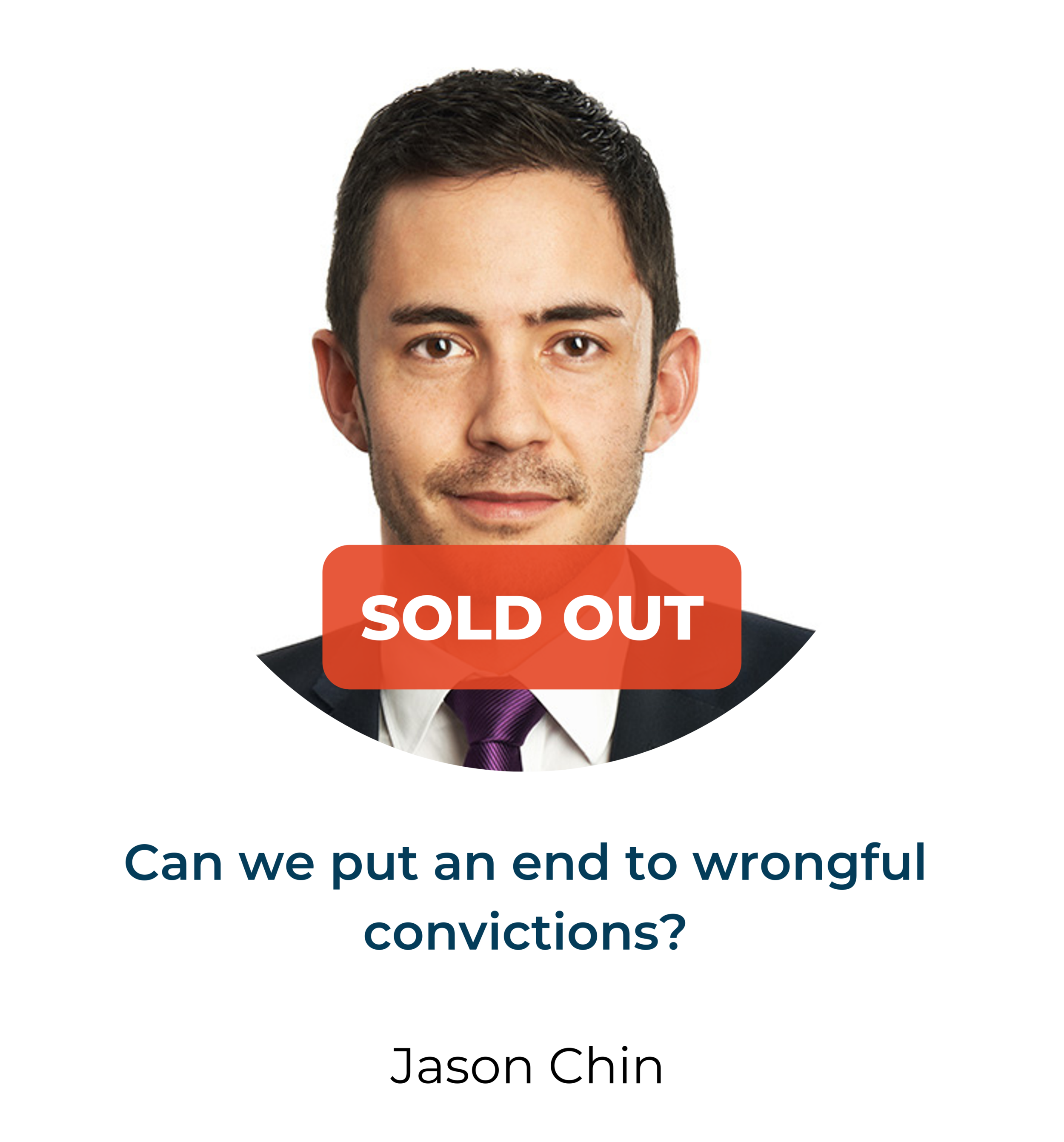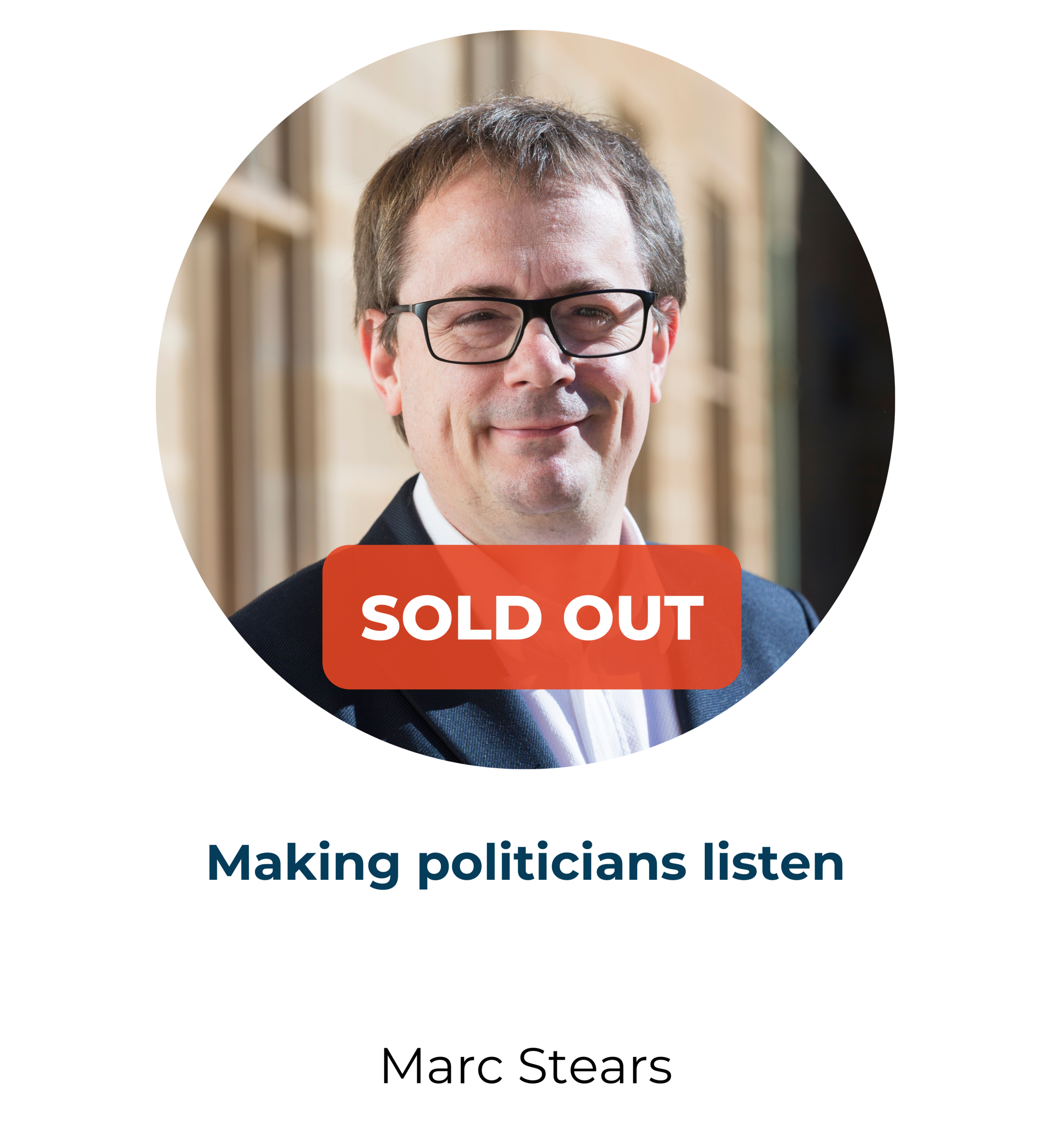The politics of Eurovision
Each year, the Eurovision Song Contest attracts a television audience of over 180 million viewers across more than 40 countries. Created decades before The Voice, Idol and the X Factor, it is one of the longest running and most watched reality TV events in the world. Since the Second World War, Eurovision has been used as a vehicle to unite Europe, but it has also highlighted deep divisions in the European project. In this talk, Anika Gauja explores the politics behind the glitter, the sequins and the wind machines. Why does Cyprus always vote for Greece but never for Turkey? Will Brexit mean ‘nul points’ for the United Kingdom? Has Eurovision contributed to the rise of populism and why exactly is Australia competing?
Bio
A self-confessed Eurovision fanatic, Anika has travelled to experience Eurovision live in Finland (2007), Sweden (2013) and Israel (2019). As a political scientist who studies elections, comparative politics and representative democracy, she is fascinated by what the iconic contest reveals about the geopolitics of Europe, the politics of identity, popular participation and nation-branding. Anika has written on Australia’s participation in Eurovision and how Eurovision reflects the ideals of democracy. She has also covered the contest for Australian and international television and radio.
6:30pm @Café Lounge, 277 Goulburn St, Surry Hills NSW 2010
Also speaking at this location at 8:00pm is Jathan Sadowski



